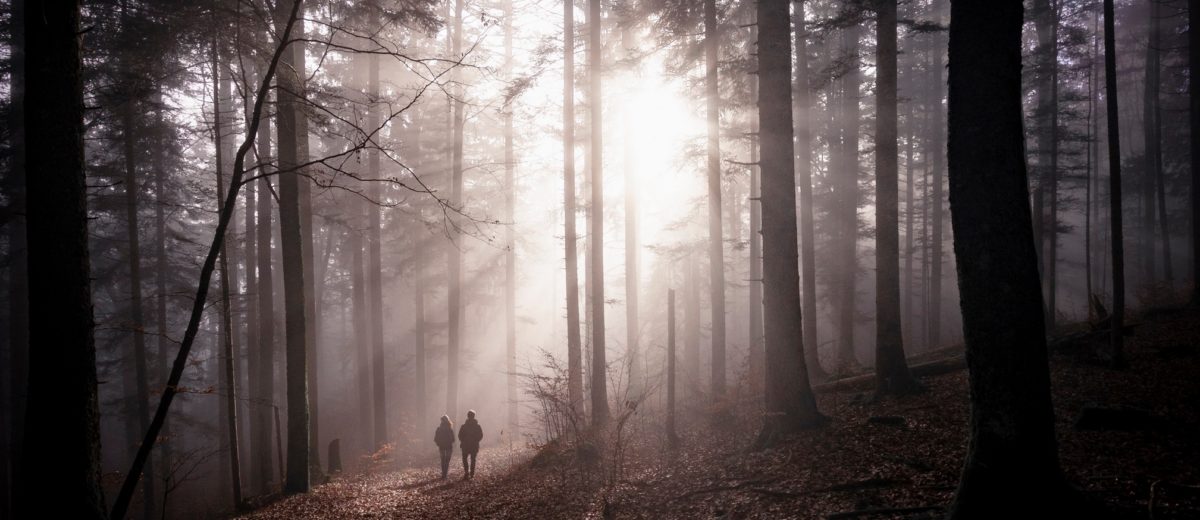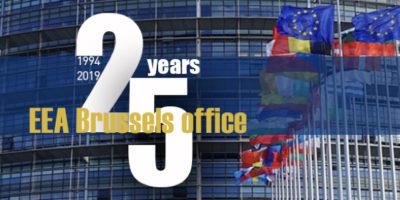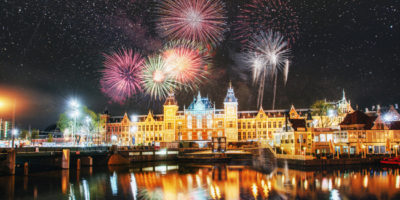What’s in store for us this year? At first glance, there’s not much to be optimistic about 2019.
A lamentable leadership vacuum has emerged both in Europe and globally, foreboding further instability and the rise of strongman politics. As with recent years, populism continues to polarise and destabilise. The upcoming European Parliament elections threaten to continue this trend. Brexit is proving to be a lose-lose process sapping the energies and goodwill of all involved. Who knows what will happen after March 29? Here’s a helpful video explaining the options.
All of which can make us want to roll over, go back to sleep and wake up again in a year’s time, hoping for some miracles.
So, let me offer some encouragement.
Firstly, in many ways the world is actually getting better, not worse, as the popular Swedish professor Hans Rosling kept reminding his audiences until his death early last year. Yet most of us have an overly-negative view of the world, he explained, because we sift the inputs through a mental filter that favours dramatic information, creating unnecessary fear and stress. Rosling became globally known through his TED talk in 2006 and subsequent youtube videos presenting facts and data about poverty, health, world population, education, environment, etc. While most of us believe that the proportion of the world population living in extreme poverty has remained the same, or has almost doubled, for example, he demonstrates that it has almost halved in the last 20 years, for example. His book Factfulness is helpfully summarised here.
Take four minutes to watch this BBC video in which Rosling tells of the remarkable progress worldwide in terms of prosperity and health over the past 200 years. As I wrote recently, Christian missions has played no small role in this progress. The last 70 years, since Rosling (and myself for that matter) was born, progress has been spectacular. It was 70 years ago when Robert Schuman tabled his proposal for a way the European countries could work in close cooperation for the common good, not only of Europe, but for the whole world. If we understand the Kingdom of God to be where God’s will is being done, then surely we can interpret these figures as evidence of the ongoing spread of God’s kingdom globally! God’s will obviously includes the flourishing of human life.
Human flourishing however goes further than Rosling’s limited humanistic vision. It involves transformed lives and restored relationships with God and neighbour.
Secondly, therefore, let me reiterate the four ‘apps’ I like to talk about, which we can download into our hearts and minds to build faith, hope and vision for the future:
•the ‘God’s will’ app: maybe it sounds simplistic, but my starting point in thinking about the future is that it is always God’s will for his will to be done; and never his will for his will not to be done. Let’s reject a fatalistic, pessimistic view of the future.
•the ‘wheat and tares’ app: the parable of Jesus teaches us that the good and the bad will grow up together until the harvest/judgement time. The news media focus on the ‘tares’. We don’t hear much about the quiet, gradual positive developments Rosling emphasised, or all the small, kind and faithful acts daily sustaining life and society. We need to look for the growth of the ‘wheat’, what God is doing in our midst.
• the ‘death and resurrection’ app: Christianity is all about death… and resurrection, supremely in Jesus but also throughout church history. Often when things seemed lost and dead, the Holy Spirit started something new from an unexpected corner – like Galilee, or Ireland, or China…
•the ‘faithful minority’ app: God has always worked out his purposes through the obedient few throughout the Bible and church history. Let’s not suffer from a minority complex. Let’s embrace a ‘creative minority complex’.
Thirdly, we look forward to a year of new and positive developments in and around the Schuman Centre, beginning next month with the opening of the Look Up cultural centre, a bookstore-plus one floor below the Upper Room offering products and information about Amsterdam with a vertical, transcendent dimension. With interactive flat-screens and iPads, the centre will offer visitors perspectives through screenshows, exhibitions and talks.
For those who want to go ‘further in and further up’, the programme of the Upper Room will coordinate with Look-Up themes through live-streamed Schuman Lectures on topical subjects, European Study days, ‘Re-Bible’ courses on how the Bible has shaped our world, and book and film events.
Actually, there’s more to tell about what’s in store this year than we have space for: the State of Europe Forum in Bucharest in May, the master’s degree programme starting in June, the Continental Heritage Tour in July, Soul of Amsterdam canal tours, and more.
So, keep calm and watch this space.
Till next week,




[…] For more articles from Jeff Fountain, visit http://www.weeklyword.eu […]